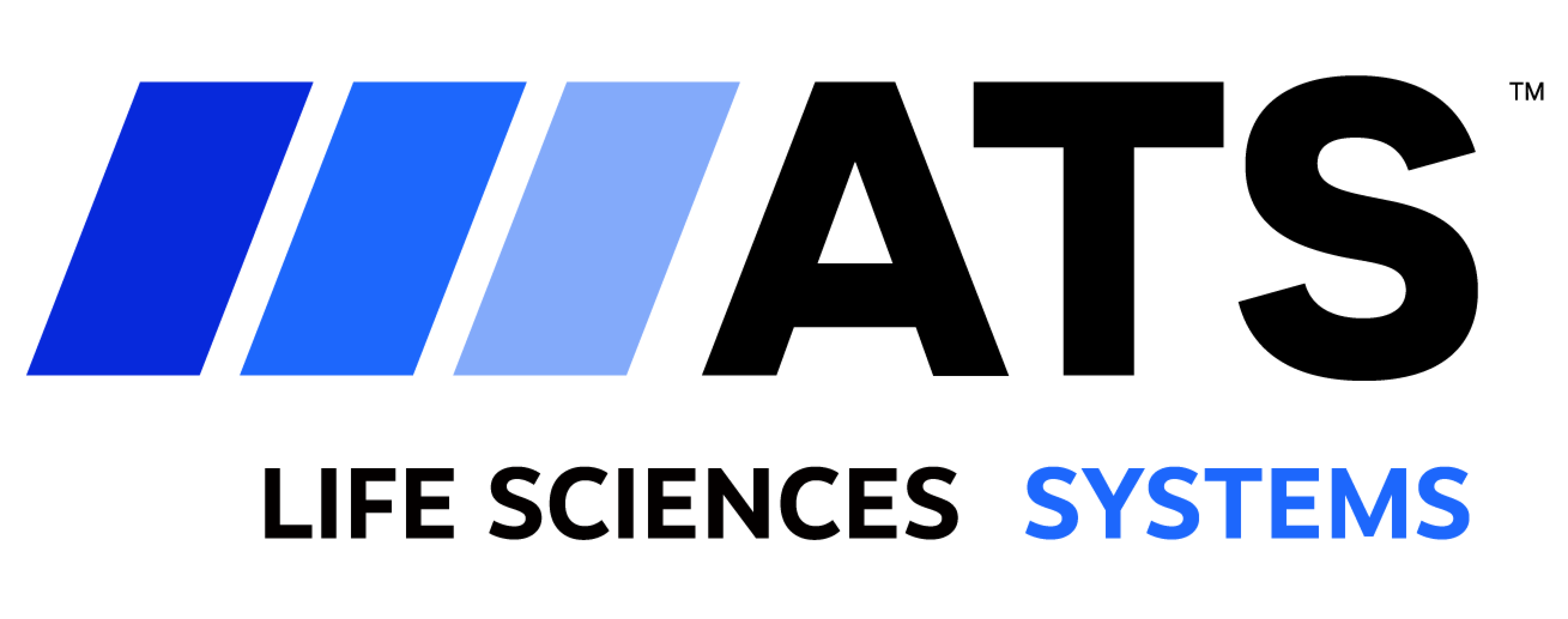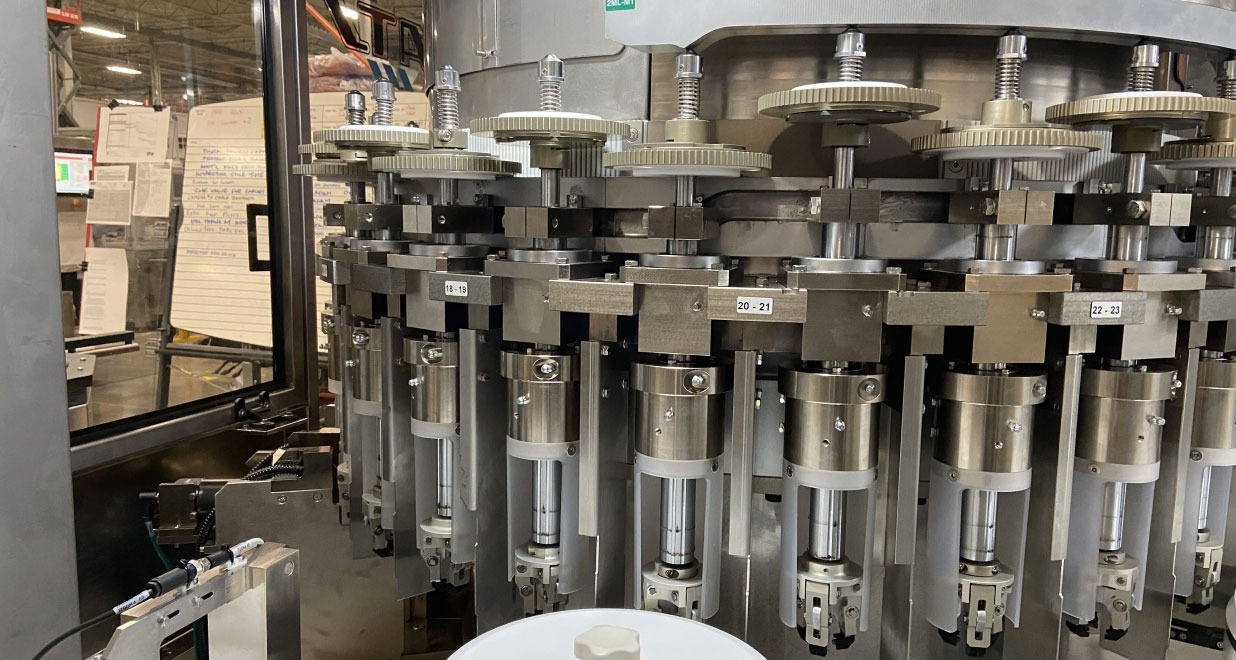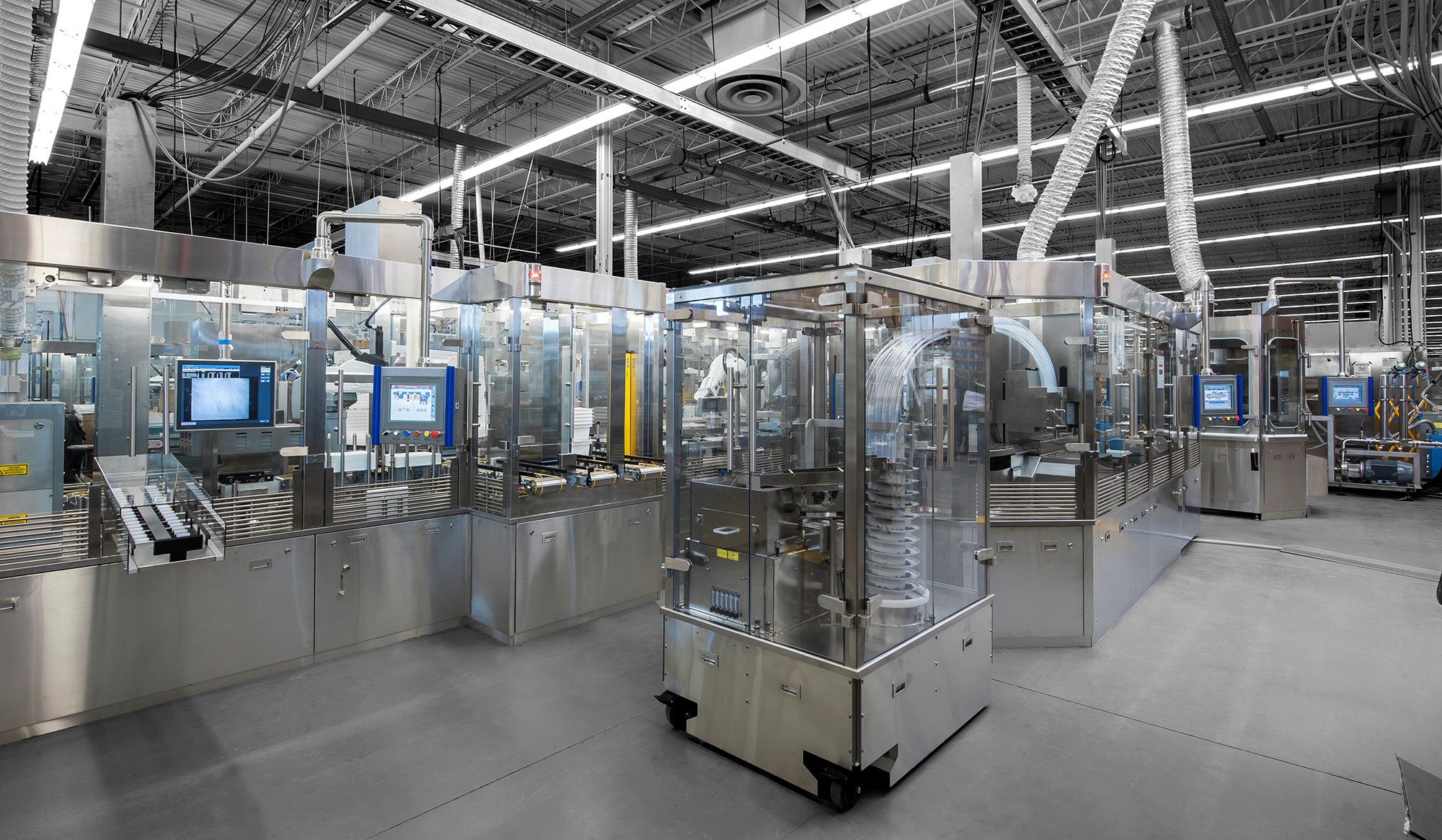COVID-19 continues to shake our world and challenge our perceptions of security and surety. No one is unscathed, from family to friends to communities, both social and business. But the resiliency of people and companies continues to be inspirational as they use whatever resources they have at their disposal in new and novel ways. If you have been pondering how to get involved and are interested in arming yourself with the necessary information to make the go/no go decision, here are a couple of things you should know about manufacturing in the life sciences marketplace.
Regulated Environment
Medical devices including masks, respirators, and ventilators, and medical diagnostics including swabs, test kits, and analyzers, are regulated by governmental authorities around the world. In this way, public safety is protected and the performance and benefit claims of approved products are guaranteed. But one of the consequences is that there are regulations and guidelines that must be complied with in order to manufacture – these are referred to as Current Good Manufacturing Practices or CGMP. If you have this experience, you are ahead of the game. If you don’t, you need to partner with people and organizations that do.
Quality Management System
An integral part of being a compliant manufacturer is a Quality Management System. The existence of a QMS and the demonstration of due diligence are fundamental CGMP responsibilities. Organizations with formalized policies, processes, procedures and responsibilities for the planning and execution of production to meet quality requirements are well suited to be manufacturers of medical devices and diagnostics. Certification to the ISO 9001:2015 standard is a good start; ISO 13485:2016 is even better. If you are not familiar with either, buddy up with a manufacturer who is.







 Contact Us
Contact Us  Subscribe
Subscribe  LinkedIn
LinkedIn  Youtube
Youtube